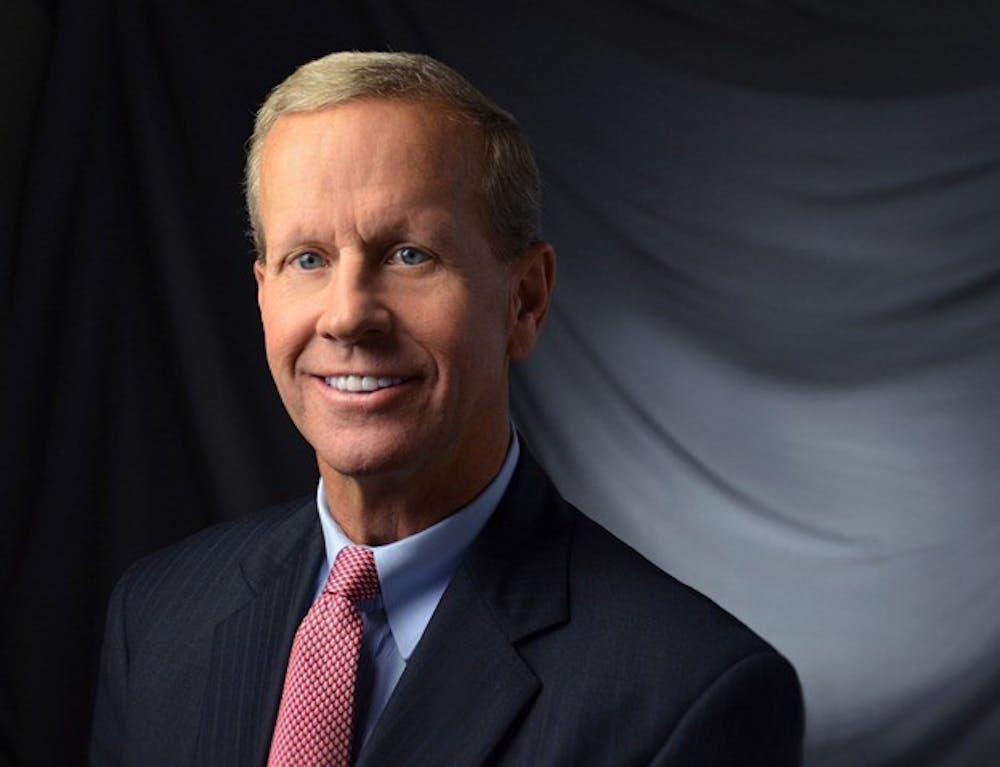The Pennsylvania State System of Higher Education (PASSHE) announced on Wednesday that the Board of Governors (BOG) selected Frank T. Brogan as the next PASSHE chancellor.
He will be PASSHE’s fourth chancellor since the state system was established 31 years ago. Brogan, an Ohio native, was chosen after a six-month-long search involving hundreds of candidates.
Fifteen members of the 20-member BOG voted unanimously in favor of Brogan from the system’s headquarters in Harrisburg. He will assume his new position on October 1.
Brogan succeeds John Cavanaugh, who departed in February to head a group that supports colleges and universities in Washington, D.C. He had served as chancellor since July 2008.
Brogan’s vast experience in educational leadership is one reason for his selection as PASSHE’s next chancellor. He currently holds the position of chancellor of Florida’s 335,000-student State University System.
According to a press release from PASSHE, Brogan was well-respected in Florida for raising educational standards, increasing retention rates and increasing degree production under his leadership.
He started as a fifth grade teacher at Port Salerno Elementary School and held many positions there before being president of Florida Atlantic University, lieutenant governor of Florida and Florida’s Commissioner of Education.
As PASSHE’s chancellor, Brogan will oversee 14 schools, a $1.6 billion budget, 12,150 employees and more than 115,000 students. The responsibility comes with a salary of $327,500; the highest salary in state government.
“I am excited to join PASSHE in its commitment to provide high-quality, affordable higher educational opportunities for Pennsylvania’s families,” Brogan said, according to PASSHE’s press release. “Balancing quality and accessibility has been my top priority in Florida and should be the mission of every good public university.”
The process leading up to Brogan’s selection was marked by an unusual secrecy. Dozens of individuals who took part in finalist interviews had to sign confidentiality agreements; a change from past practice in which finalists’ names were released to the public.
This change in practice caused controversy, but PASSHE spokesperson Kenn Marshall said it was in the interest of getting the best candidate for the $327,500 job. He said the confidentiality allowed applicants to not worry about their current employers knowing that they were searching for a new job.




The Slate welcomes thoughtful discussion on all of our stories, but please keep comments civil and on-topic. Read our full guidelines here.